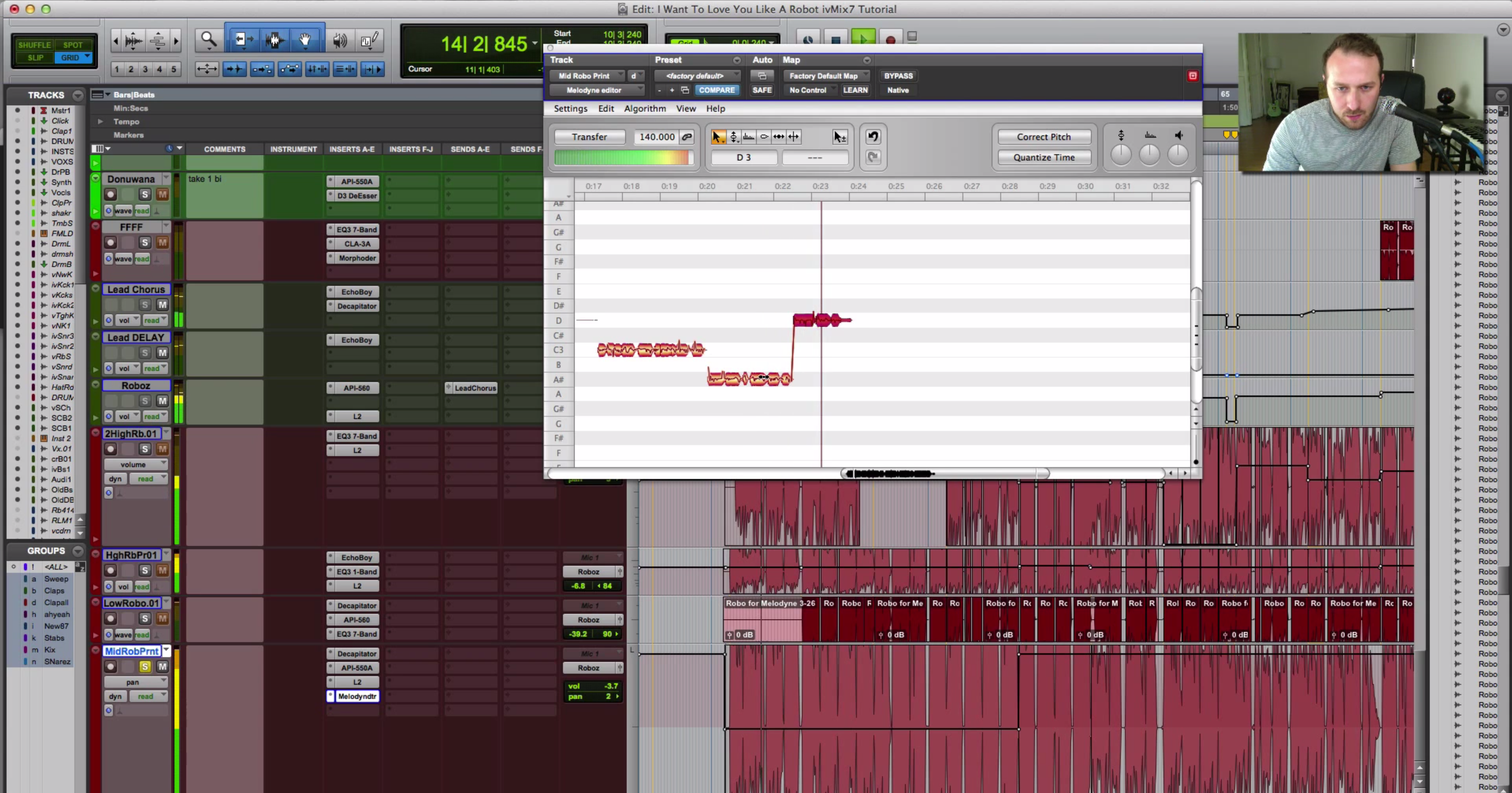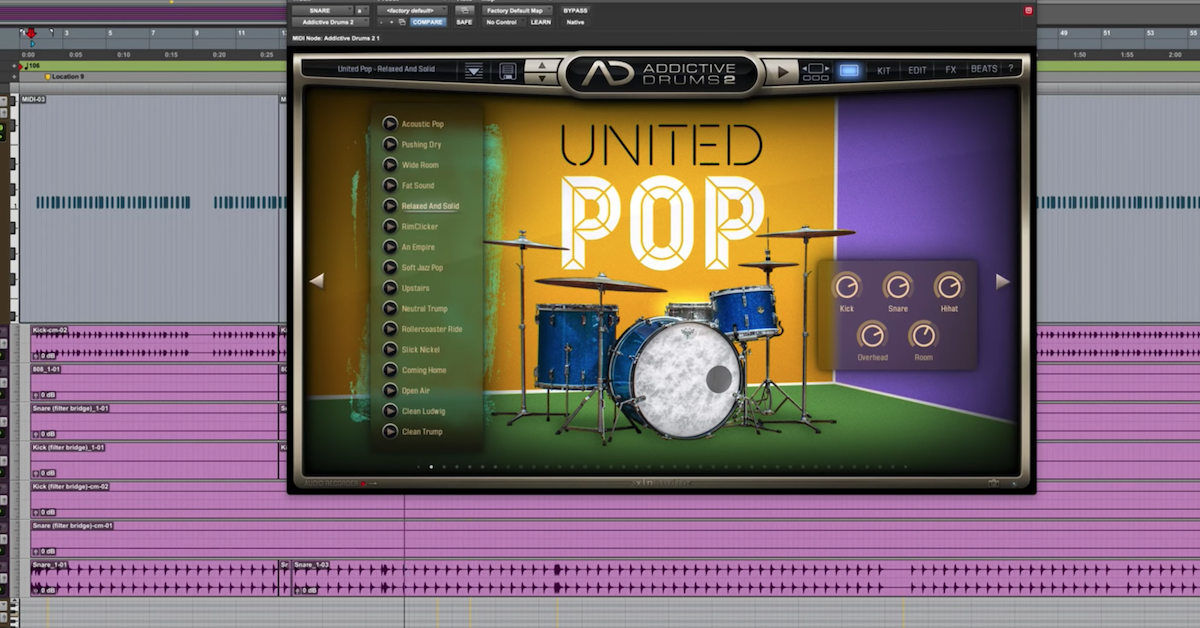How to Craft a Perfect Cover Letter for Audio Industry Jobs
Article Content
In a recent article, I provided some basic tips on how to get a job within the audio industry.
Let’s delve a bit deeper into one of the most important aspects of applying for jobs — crafting a cover letter. Having been a hiring manager before, I’ve read through hundreds of cover letters, so I’ve seen the good, the bad and the ugly. Here are what I believe to be the best practices when devising a cover letter.
What is a Cover Letter?
A cover letter is a supplementary document to be provided along with your resume and any other materials that may be requested by the potential employer. A good cover letter should state why you believe you are an ideal candidate for an open position. It will outline your strengths, skills and qualifications that are relevant to the position, and will hopefully generate enough interest on the part of the employer that they are willing to interview you.
Keep It Short and Simple
In addition to whatever day-to-day operations a place of business has going on, reading through dozens of applications can be time-consuming. Respect that by being direct and concise.
Try to view the cover letter as the first 30 seconds of a first date. Make a good impression, and don’t do anything repulsive…
If you can make a case for why they should hire you in a tidy, 30-second read, you’re in good shape. The benefit is that you can read over, edit and re-edit your cover letter before sending, whereas you only get one chance at making a first impression in-person.
Form and Flow
Keeping in mind that you want your cover letter to be a quick read, I like to use the following structure:
Introduction: Greet the hiring manager, state who you are and why you are interested in the specific position. It’s important to state the exact job title that you’re applying for, as hiring managers may be looking to fill many different positions simultaneously.
Body: A few sentences about your skills and qualifications that are relevant to the position. Show that you are prepared, from day one, to do the job that they need to be filled.
I always like tossing in a one-sentence compliment about the employer, whether it be how nice their studio looks, a particular piece of work they put out recently, or the impressiveness of their clientele. A little bit of kindness goes a long way, and also shows that you are interested in serving them.
You can include any educational and professional experience that you believe makes you a stand-out candidate, but again, keep it brief.
Closing: Show your appreciation for them taking time to read your cover letter, mention that you’ve attached your resume, and express a desire to speak further regarding the opportunity. You could mention that you’ll follow-up within a specific timeframe. Lastly, list your name and contact information.
Friendly but Professional
While it’s true that most businesses are looking to fill a position with someone with a specific skillset, equally as important to employers is finding someone that they enjoy being around for extended periods of time.
Try to strike the right tone in your cover letter. Establish that you’re serious about the position, but if possible, seem endearing and personable. There’s a fine line between confidence and cockiness, and another one between hunger and desperation.
Use language that makes it clear that you recognize these boundaries.
Tailor-made
This part is extremely important.
Make sure that when creating both your cover letter and resume that you tailor them specifically to the job that you’re applying to. Most postings will have a job description — read it thoroughly, and incorporate any keywords that line up with your skill set into the cover letter.
As I mentioned in my previous article, if you’re applying to be an intern at a post-production facility specializing in sound design, the fact that you’ve been playing music since you were a child and that you always wanted to be a music producer is not only irrelevant, it’s a potential red flag.
In this example, the employer may see your strictly musical aspirations as evidence that you may never be passionate about the work that the post-production facility does and could prevent them from considering you for the position. If you’re friends or relatives with someone currently employed at the place of business you’re hoping to work at, it may be advisable to briefly mention this information, especially if you were notified of the position by that person.
Whether it’s a large company or business, or a singular man or women looking for an additional team member, they’re hoping to bring aboard someone that helps them complete their job more efficiently.
Tailor your cover letter to display that you’re enthusiastic about fulfilling their specific needs.
Details Matter
If we’re using my first date analogy, grammatical errors and typos would be the equivalent of having food stuck in your teeth. Don’t expect to generate interest from an employer if you can’t manage to string together five to seven coherent, error-free sentences.
Recording a full band in a recording studio, working on a film mix with hundreds of separate tracks, or setting up and running a live concert all require a great attention to detail — prove that you’ve got just that by providing a strong, flawless cover letter.
Use the same font(s) when crafting your cover letter as you do on your resume. This exudes professionalism and will leave the person reviewing your application with a visually-appealing, easy-to-read package.
When inquiring about a position via email, I’ve found that most places want the cover letter to be in the body of the email and not as a separate attachment. The resume will generally be the attachment (more on resumes in a future article).
I’ve also found it to be generally preferred that the subject of the email be the exact job title. This way, if a hiring manager is looking for an assistant engineer, for example, they can find all who showed interest in that exact position with a simple keyword search. Each and every job application/opportunity will be somewhat different.
Above all else, if there are specific instructions — make sure to follow them.
Extra Tips
Have you ever sent an email and immediately felt a sense of regret, doom and despair? Never experience that again by enabling “Undo Send” in your email service. For those of you that use Gmail, as I do, here’s how you can enable this feature:
- On your computer, open Gmail.
- In the top right, click Settings.
- In the “Undo Send” section, check the box next to “Enable Undo Send…
- In the “Send cancellation period” section, set the amount of time you want to decide if you want to unsend an email.
- At the bottom of the page, click Save Changes.
You’ll now have a brief period after clicking send during which a dialog box asks you if you’d like to undo send.
Another, more unorthodox technique I use is a sort of role-playing exercise. I will send the cover letter to my own email and open it while putting myself in the position of the hiring manager at whatever type of business I’m applying for. I then read over my resume out loud. If anything makes me feel embarrassed, uncomfortable or seems out of place, I will change it before sending.
Lastly, a follow-up email might be advisable, depending on the situation. Sending a follow-up that states your appreciation for the employer taking the time to review your cover letter, resume and/or application, along with the sentiment that you are looking forward to hearing back from them is sufficient.
A few days, or up to a week is a decent period of time in which you might want to send a follow-up email. Even if you find out that the company plans to not move forward with hiring you, a friendly follow-up stating your appreciation for being considered in the first place, and that you would like to have your resume stored on file is advisable.
In Summary
This is my advice based on my own personal experiences, so take from it as you wish. You may have a different approach entirely that ends up working for you. As previously stated, each and every opportunity is unique, and each may require a certain amount of adaptation and finesse.
Best of luck!






